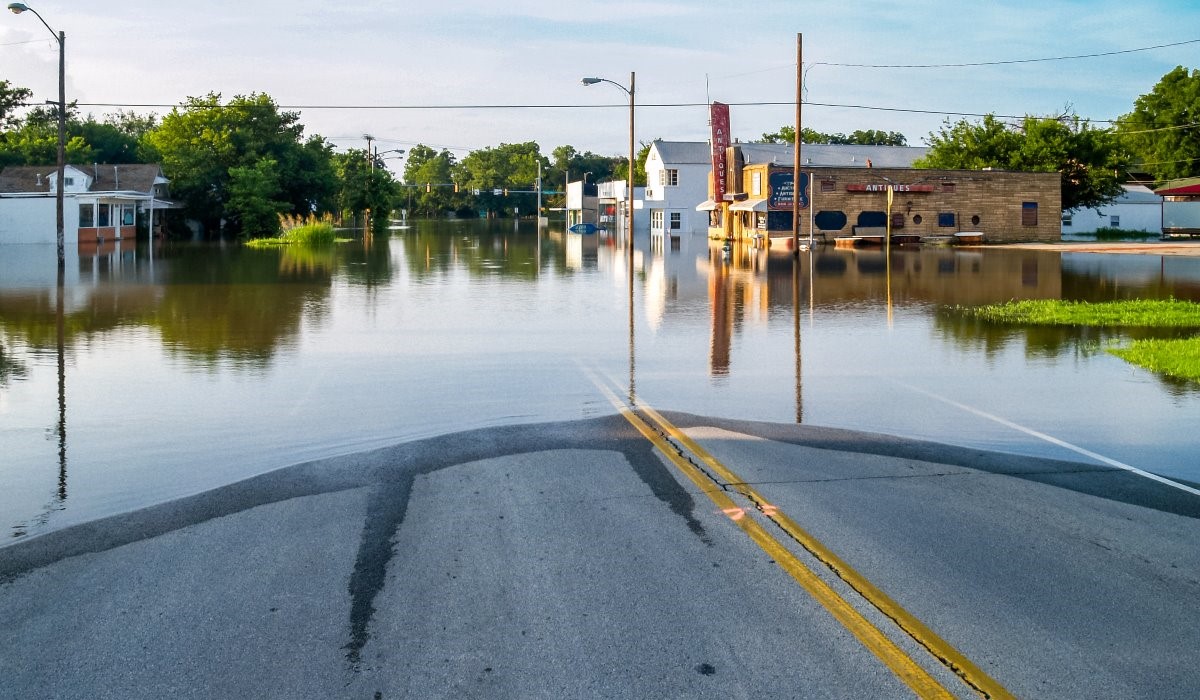The Consumer Financial Protection Bureau (CFPB) has found that homeowners facing flooding from rivers and creeks are more likely to be underinsured against flood risk than homeowners in coastal areas, according to a report published on Monday.
The report is based on a sample of mortgage applications from 2018 to 2022, and it examines flood risk in the southeast and central southwest census regions of the United States, according to flood risk data from the Federal Emergency Management Agency (FEMA) and the First Street Foundation.
Through its analysis, the CFPB found that the flood risk exposure of the mortgage market is more extensive and more geographically dispersed than previously understood. In total, the CFPB believes that over 400,000 mortgaged homes may be underinsured for flooding events in the southeast and central southwestern parts of the U.S. alone.
This is due to the National Flood Insurance Program being based off of FEMA’s flood insurance maps, which the CFPB asserts may not capture accurate flood risk exposure.
“Homeowners with a mortgage are therefore likely to be underinsured for flooding if the FEMA flood insurance maps do not accurately measure future flood risk,” the CFPB wrote in a statement.
Additionally, their finding showed that homeowners in coastal areas generally had higher incomes and assets, which the CFPB says suggest that they are the best positioned to recover from flooding.
In contrast, homeowners living near inland waterways, like streams and rivers, are less likely to have other financial resources to draw on to recover from a flood.
Due to these differences, the CFPB says homeowners may have significantly different access to insurance and different financial outcomes based on the source of their flooding risk. Additionally, the CFPB believes that homeowners who may be underinsured are least likely to be able to self-insure and successfully recover from a flooding event.

